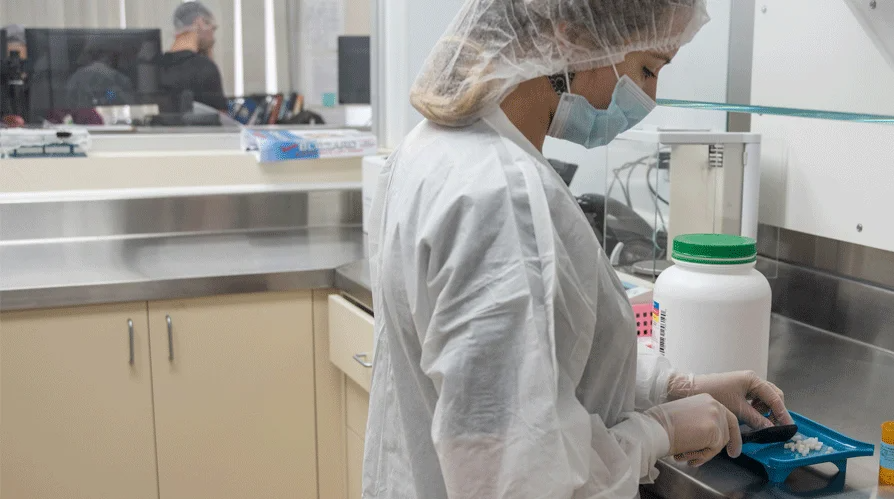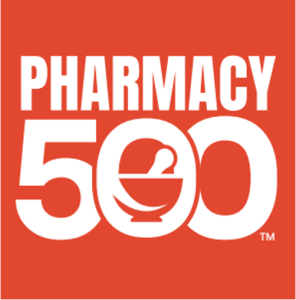What has changed since the New England Compounding Center disaster?
(This is the first in a series of articles about the compounding pharmacy industry. )
A long time ago in a galaxy far, far away…OK, so it was like 11 years ago in the northeastern United States…tragedy struck. If you’re already well-acquainted with the history of pharmaceutical compounding regulations, you know how this story begins. However, I encourage you to read on for a nice little refresher. If you’re not familiar with this flashpoint in the industry, please continue reading for an important history lesson on the largest public health crisis ever caused by a contaminated pharmaceutical drug.
In September 2012, the US Centers for Disease Control and Prevention (CDC) and the US Food and Drug Administration (FDA), along with local and state health officials, began investigating a multistate outbreak of fungal meningitis among patients who received contaminated steroid injections. The contaminated medication eventually traced back to the now defunct New England Compounding Center (NECC) in Framingham, MA. Tragically, the FDA had previously visited the site and found sterility issues but lacked the authority to impose or enforce any changes to the site. The NECC was permitted to operate as a pharmaceutical compounder due to regulatory gray areas at the time. Despite their facility operations resembling an FDA-regulated drug manufacturer, they were subject only to regulatory oversight by state boards of pharmacy. As a result of NECC producing medications under insanitary conditions, the outbreak of fungal meningitis traced to 20 states, killing 64 people and sickening 753 others.
The pharmaceutical compounding industry plays a crucial role in providing customized medications to patients with unique needs when no FDA-approved drug is available. However, the industry faced a significant turning point in 2012 after the NECC tragedy exposed critical gaps in the regulatory framework surrounding compounding pharmacies. In response to this outbreak, Congress passed the Compounding Quality Act (CQA) as part of the broader Drug Quality and Security Act in 2013. Read more >







